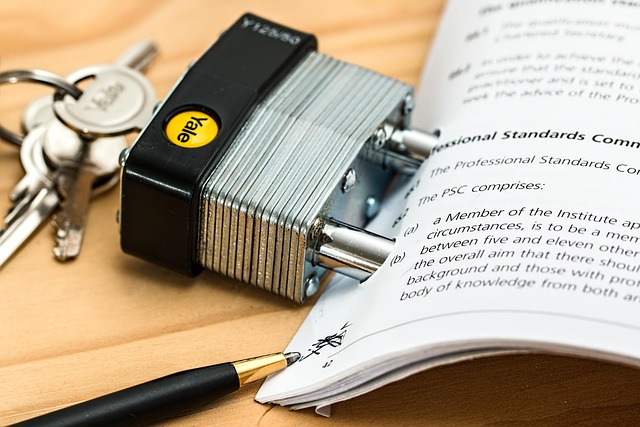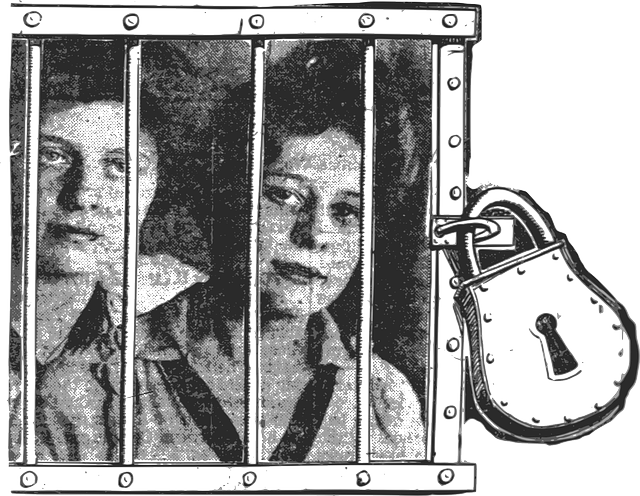BAL testing is a vital tool for corporate DUI prevention strategies, providing accurate blood alcohol content (BAC) measurements. Combined with regular workshops that educate employees on risks and consequences, it significantly reduces accidents caused by alcohol consumption. Accurate BAL test results are essential for effective workshops, ensuring valid data for policy-making, accident prevention, employee protection, and legal compliance. Workshops address challenges like device calibration, environmental impacts, and human error, promoting a culture of safety and responsibility within organizations. By implementing best practices for consistent and reliable BAL testing, companies can enhance workshop effectiveness and reinforce their commitment to a safe work environment.
In today’s workplace, ensuring employee safety and compliance is paramount, especially regarding alcohol and drug impairment. Balanced Alcohol Level (BAL) testing plays a crucial role in corporate DUI prevention, offering a scientific approach to identify potential risks. This article delves into the importance of accurate BAL test results for maintaining a safe work environment. We explore challenges and best practices while emphasizing the integration of BAL testing into Corporate DUI Awareness Workshops as a game-changer for fostering a culture of responsible behavior.
- Understanding BAL Testing: A Cornerstone of Corporate DUI Prevention
- The Significance of Accurate Results in Workplace Safety Programs
- Challenges in Achieving Reliable BAL Test Outcomes
- Best Practices for Ensuring Valid and Consistent Test Results
- Integrating BAL Testing into Corporate DUI Awareness Workshops
- Measuring Success: Evaluating the Impact of BAL Testing on Workplace Safety Culture
Understanding BAL Testing: A Cornerstone of Corporate DUI Prevention

BAL testing, or Breath Alcohol Testing, is a critical component in corporate DUI prevention strategies. It plays a pivotal role in ensuring employee safety and compliance with legal standards. By measuring an individual’s blood alcohol content (BAC), BAL testing helps organizations maintain a safe work environment, especially for roles that require operational control over heavy machinery or sensitive responsibilities.
The implementation of BAL testing is not merely about enforcement but also about fostering a culture of Corporate DUI Awareness Workshops. These workshops educate employees on the potential risks and consequences of impaired operation, emphasizing the importance of responsible behavior. Regular BAL testing, coupled with these awareness programs, can significantly reduce accidents caused by alcohol consumption, making it an indispensable tool for any corporation aiming to prioritize safety and adhere to legal guidelines.
The Significance of Accurate Results in Workplace Safety Programs

Accurate results from BAL testing are paramount in workplace safety programs, especially with the prevalence of Corporate DUI Awareness Workshops. These workshops focus on educating employees about the dangers of alcohol and drug impairment, aiming to create a culture of safety and accountability. However, for these initiatives to be effective, the data collected through BAL tests must be reliable and precise. Inaccurate results can lead to false positives or negatives, potentially causing undue harm to individuals and damaging the credibility of the entire program.
In a professional setting, where safety is a top priority, consistent and accurate testing ensures that policies and procedures are based on valid information. This is crucial for preventing accidents, protecting employees, and adhering to legal requirements. By prioritizing accurate results, companies can foster an environment where everyone understands the risks and takes responsibility for their well-being and that of their colleagues.
Challenges in Achieving Reliable BAL Test Outcomes

Achieving reliable and accurate results in Breath Alcohol (BAL) testing is not without its challenges, especially in corporate settings where DUI (Driving Under the Influence) awareness workshops are conducted. One significant hurdle is ensuring consistent calibration and maintenance of the testing devices to minimize potential errors. Different factors can impact the accuracy of BAL tests, such as environmental conditions, device malfunction, or human error during administration.
Additionally, interpreting the results requires trained professionals who understand the nuances of the test. In corporate environments, where employees might be under stress or have varying levels of understanding about alcohol consumption and its effects, proper training becomes even more critical. Corporate DUI awareness workshops play a vital role in addressing these challenges by educating employees, ensuring compliance with legal requirements, and ultimately fostering a culture of safety and responsibility within the organization.
Best Practices for Ensuring Valid and Consistent Test Results

Maintaining accurate and consistent results in BAL (Breath Alcohol Level) testing is paramount, especially in corporate settings where DUI (Driving Under the Influence) awareness is crucial. To ensure valid outcomes, several best practices should be implemented. Firstly, regular calibration of devices is essential; this guarantees that instruments are functioning optimally and producing reliable readings. Calibration should be a routine procedure, especially after prolonged use or when environmental conditions change significantly.
Additionally, well-trained personnel are critical to the process. Employees responsible for administering tests should undergo comprehensive training on the use of BAL equipment, proper sampling techniques, and handling procedures. Consistent application of these methods across all tests helps maintain data integrity. Furthermore, maintaining a controlled testing environment is vital; factors like temperature, humidity, and room conditions can influence test results, so ensuring stability in these areas is key to achieving accurate, consistent outcomes.
Integrating BAL Testing into Corporate DUI Awareness Workshops

Incorporating BAL (Breath Alcohol Level) testing into Corporate DUI Awareness Workshops is a strategic move to enhance employee safety and compliance. These workshops, designed to educate employees on the dangers of driving under the influence, can benefit greatly from BAL testing as an integral component. By utilizing this technology, companies can provide hands-on experiences that simulate real-world scenarios, allowing participants to understand the impact of alcohol consumption on their decision-making abilities.
During these workshops, employees interact with equipment that measures breath alcohol levels, offering a practical insight into the reliability and accuracy of BAL testing methods. This interactive approach not only reinforces the importance of responsible drinking but also highlights the company’s commitment to creating a safe work environment. By integrating such workshops into corporate culture, organizations can foster a sense of accountability among their workforce, ensuring that everyone understands the potential consequences of DUI-related incidents in a professional setting.
Measuring Success: Evaluating the Impact of BAL Testing on Workplace Safety Culture

The success of any safety program in a corporate setting is often measured by its ability to create a culture of awareness and responsibility, especially when dealing with issues like DUI (Driving Under the Influence). BAL (Breath Alcohol Level) testing plays a pivotal role in achieving this goal. Accurate and consistent results from BAL testing can significantly impact workplace safety culture. It helps to send a clear message that excessive alcohol consumption is not tolerated and that employees are expected to maintain a safe level of sobriety while at work, especially when operating heavy machinery or making critical decisions.
Regular corporate DUI awareness workshops, combined with reliable BAL testing, can foster an environment where open dialogue about alcohol’s effects is encouraged. This proactive approach can lead to a reduction in risky behaviors and a more accountable workforce. By implementing such measures, companies can ensure that their safety standards are not just met but exceeded, ultimately protecting both employees and the organization from potential disasters.
Accurate BAL testing is not just a matter of compliance; it’s a cornerstone of fostering a robust corporate DUI awareness culture. By understanding the challenges and implementing best practices, organizations can ensure valid and consistent test results. Integrating BAL testing into comprehensive workshops enhances safety consciousness, enabling workplaces to create a culture where safety is everyone’s responsibility. Measuring success through evaluative impact underscores the program’s effectiveness in preventing impaired driving and promoting workplace well-being.






